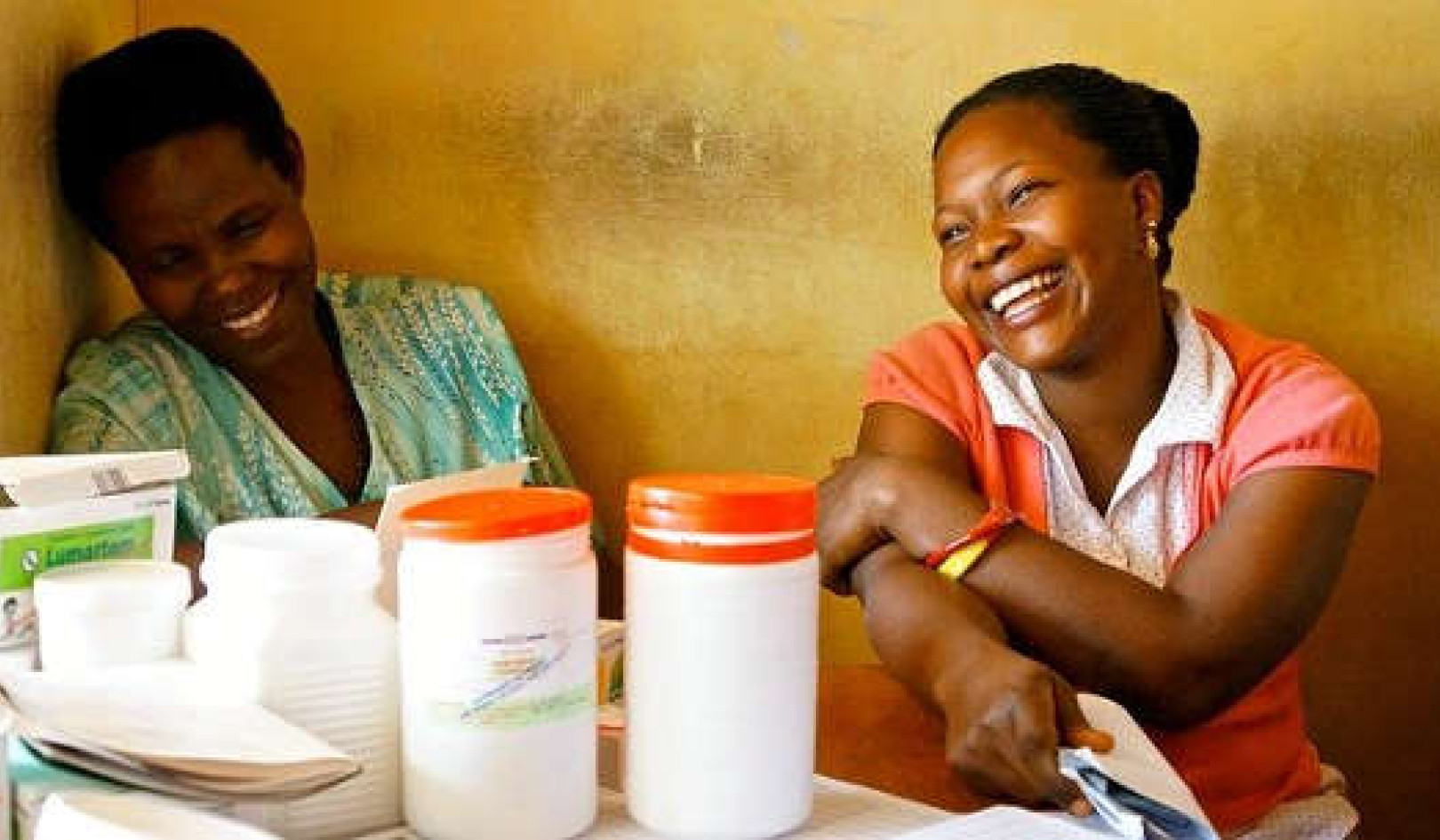
When I was just fifteen or so, I went to a party to which I should not have gone. This was no place for a kid, especially a naive kid like me. Boys and men older than me, with girls and women older than me, probably doing things people older than me did. I did not need to know about all that just yet.
But the biggest problem was that I did not know how to get out of the situation. I was in a mess. I could not call my mom because I had told her a lie about where I was going. I did not want to have to explain how I got to the party or why I had gone without her permission. I was out of place and scared and alone, trapped in a cage of my own careful design. It was an unforgettable night for all the wrong reasons.
Forgiven in Advance: No Questions Asked
When Thomas was turning sixteen, I wanted to be sure that he would never know that feeling. Since I could never forget it, I wanted to be sure that he would never have to experience it. So I invented a mechanism that would get him out of any situation that he did not want to be in. It is Rule #5: Call Me, No Questions Asked.
No matter where he is, no matter how or why he got himself there, no matter anything at all, if he is ever somewhere he does not want to be, all he has to do is call me and I will come get him. There will be no questions asked. Anytime, anywhere. It does not matter. He is forgiven in advance.
I will not care why he went, how he arrived, what the hell he was thinking, or who told him it was going to be a great party. I will not care about the people he is with, or if he was drinking, or about any of those details. No explanations will be necessary; that can all be discussed at a more opportune time.
Getting Home Safe: No Questions Asked
All that matters is that he gets out of wherever he is and whatever he is doing, and gets home safe and sound. No punishments or lectures. Nothing else matters, and nothing else is important. Safety and being safe at home come before any explanations.
It has been my experience that adolescents and teenagers will foolishly back themselves into strange and unlikely corners. They will tell a little fib in order to cover a slight indiscretion. They will then need to fabricate a little flimflam to keep that small indiscretion from getting out into the world.
Which Comes First: Punishment or Safety?
But if hiding the truth is what prevents an adolescent or teenager from calling his parents to come and get him out of a party, or some other unfortunate situation, then the truth has gotten in the way of its whole purpose. The chance of real harm befalling him, out there alone in the world, simply because he is afraid to tell you the truth, is just not worth the risk.
If fear of punishment is a motivation that keeps your daughter from calling you when she needs you the most, you may need to examine your emergency procedures.
Rule #5: Call Me, No Questions Asked
Thomas has used this rule twice. There was much anxiety on his part when he called me the first time to say, “Dad? Remember that rule? Number 5, I think . . . ?” I was asleep but immediately woke up and asked where he was. I wrote down the address and jumped in the car.
Ten minutes later I pulled up in front of someone’s house. Parents were of course nowhere to be seen and there were kids and alcohol and fighting. Shrubbery had been uprooted and there might have been a car on the lawn. It was mayhem. Thomas was standing apart from all this, his eye on the passing cars. When he finally saw me, he actually burst out laughing. He jumped in the car and said, “Dad, I’m so glad to see you...” We went for waffles.
Understanding & Forgiving Mistakes
Give your teenagers the gift that keeps on giving. Prove to them that you trust them, and trust in them, and that you will understand if they make a little mistake now and again but that you would rather they be safe and unafraid before anything else is even considered.
Rule #5. Provides forgiveness in advance. Gets your child home safely.
Reprinted with permission of the publisher,
Jeremy P. Tarcher/Penguin, a member of Penguin Group (USA).
©2011. www.us.PenguinGroup.com.
Article Source
 Grow the Tree You Got: & 99 Other Ideas for Raising Amazing Adolescents and Teenagers
Grow the Tree You Got: & 99 Other Ideas for Raising Amazing Adolescents and Teenagers
by Tom Sturges.
Click here for more info or to order this book on Amazon.
About the Author
 Tom Sturges is a mentor, teacher, coach, and volunteer, and the father of two sons. Many of the ideas in his first book, Parking Lot Rules, were nuanced and matured while he mentored a group of 32 at-risk children at a South Central Los Angeles public school. Founder of the Manhattan Beach, California, Unified School District’s inspiring Every Idea is a Good Idea GATE Program, he is an active volunteer with LA’s at-risk youth. When appointed a position as a mentor of a child from an inner city class, he was unable to pick just one child, excluding all the others, so he did the unthinkable: he asked to mentor all 37 children in the class. He continued to mentor them all the way through adolescence, an experience which inspired the award-winning documentary, Witness The Dream. Tom also created a learning program that develops creativity in children via the writing of lyrics, melodies and recording the finished songs. He teaches The Music Business Now at UCLA Extension, a course central to the UCLA-E Music Business Certificate Program.
Tom Sturges is a mentor, teacher, coach, and volunteer, and the father of two sons. Many of the ideas in his first book, Parking Lot Rules, were nuanced and matured while he mentored a group of 32 at-risk children at a South Central Los Angeles public school. Founder of the Manhattan Beach, California, Unified School District’s inspiring Every Idea is a Good Idea GATE Program, he is an active volunteer with LA’s at-risk youth. When appointed a position as a mentor of a child from an inner city class, he was unable to pick just one child, excluding all the others, so he did the unthinkable: he asked to mentor all 37 children in the class. He continued to mentor them all the way through adolescence, an experience which inspired the award-winning documentary, Witness The Dream. Tom also created a learning program that develops creativity in children via the writing of lyrics, melodies and recording the finished songs. He teaches The Music Business Now at UCLA Extension, a course central to the UCLA-E Music Business Certificate Program.



























